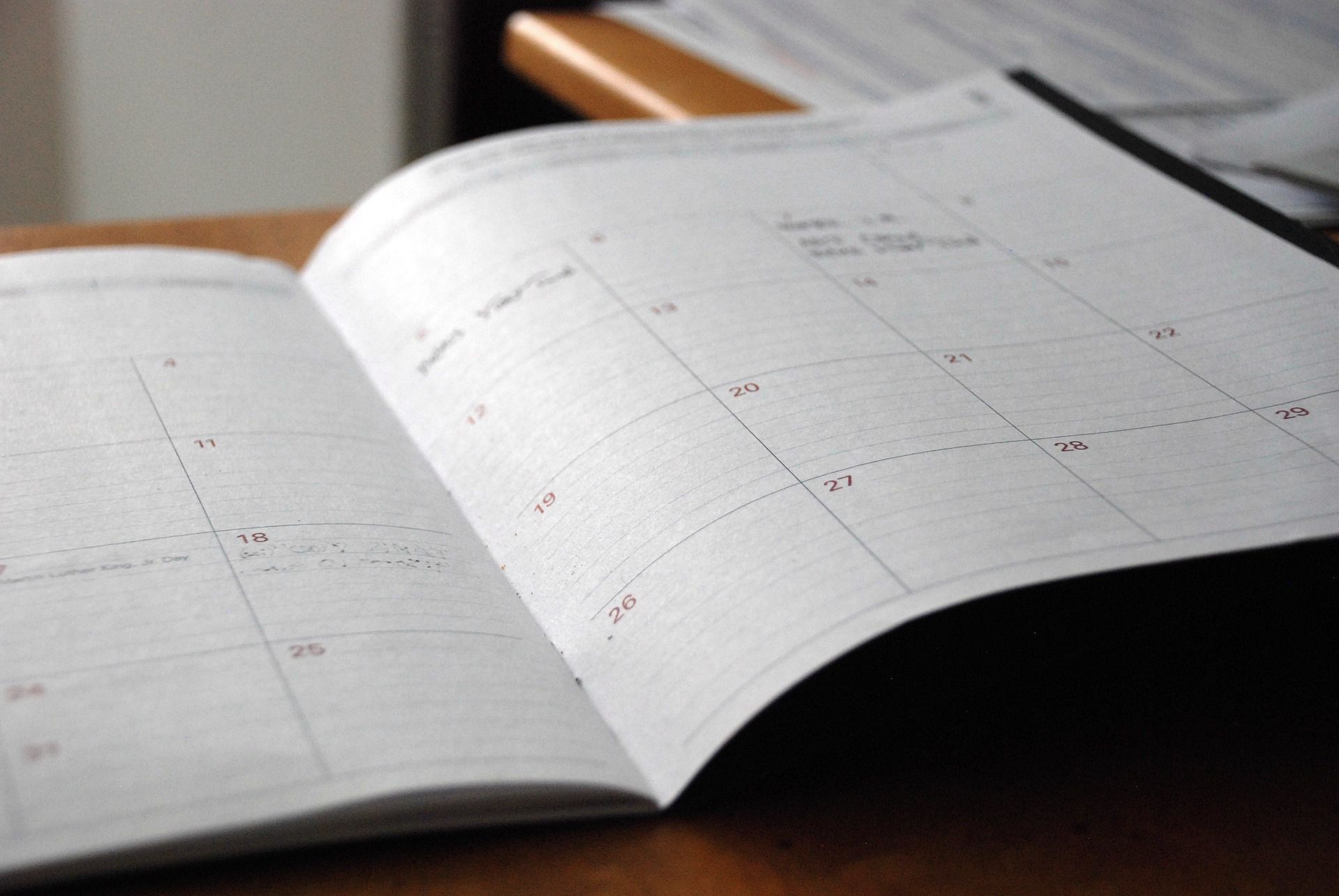Does your family have a secret?
My guess is that it does, even if you don’t think so. Often those secrets come to light after someone has died, at which point those who’ve been keeping the secret feel free to put down their burden. That’s what a secret is, after all: it’s a weight you carry. And sometimes you ask someone to share the burden so you don’t have to carry it alone.
People take on that burden for the best of reasons: they want to protect the person who confided in them, or guard the boundaries of that relationship. Other times, the burden is a professional responsibility; doctors and psychologists agree to take it on. But very often, psychologists and counselors need therapy themselves, so they can share those burdens in safe and legal ways. Carrying secrets is hard work.
I knew some of my own family’s secrets. I knew, for instance, that my mother had grown up with a younger sister who was later revealed to be her niece. (In a world where pregnancy out of wedlock was the most shameful secret imaginable, there were lots of situations like this.) I also knew that one of my aunts had committed suicide, though her own children were told she’d died in an accident.
So it’s not as if I grew up thinking my family was secret-free. But what I didn’t know, until after my father passed away, was that he’d been married once before he met my mother.
In fact, I was so committed to the idea that my father had been married only once that when I stumbled across a record of his first marriage on a genealogy website, I didn’t connect the name on the computer screen with him. I thought “That’s really weird–there’s another guy with my dad’s exact same name and middle initial who also grew up in Iowa.” But I didn’t even question the likelihood of that coincidence.
I wasn’t hurt by the knowledge of my dad’s first marriage. He was 26 years old when he married my mom; it actually made sense to me, given his generation, that he’d been married earlier. I didn’t think of that marriage as a betrayal of my mom–he hadn’t even met her yet. I certainly didn’t think of it as a failing on his part. But my mom–who revealed this secret only to my sister–said “Your dad never wanted you kids to know. He didn’t want you to think less of him.”
I suppose that’s something I can understand, given the stigma attached to divorce when my parents were young. Still, I remember my father saying something that surprised me once; I remember him saying “If you get divorced in the first two or three years after you’re married, I can understand that. People make mistakes. But if you’re getting divorced after ten or fifteen years, that’s different.”
I realize now that this was my dad’s way of explaining his own experience. At the time, I was surprised to hear him say he could understand divorce under any circumstances. He was a person of mostly unbending principles; that kind of flexibility wasn’t typical of him.
But what does hurt me about this secret is my dad’s belief that I–or, more accurately, his children–wouldn’t be able to understand that he was just a human being. That we would think less of him because he’d gone through the same things so many people do. Both of my siblings have gone through divorces, but at no point did my dad mention his own first marriage and say “I’ve been there. I know it’s hard, but you’ll get through it and move on.” (At least, not as far as I know. It’s entirely possible that he told my brother about his divorce, but swore my brother to secrecy.)
Because that’s the real lesson of my dad’s story: he moved on. He was married to my mom for over 50 years. Their marriage survived the loss of their first child, serious financial setbacks, and raising three children on very little money. That is the person I knew my dad to be. Learning his secret did nothing to change my opinion of him.
But I have seen secrets hurt families. For instance: the cousin I mentioned earlier–I’ll call her Jane–wrote to my mom later in her life, asking for information about her biological father. My mom agonized over how to respond. She didn’t want to betray her sister, who was refusing to share that information. On the other hand, there were good reasons why Jane wanted to know her background.
“You have to tell her,” I told my mom. “She has the right to know.”
“But I’m not her mother,” she said. “It’s her mother’s job to tell.”
And it was, of course. But my aunt wasn’t going to do that job. Which meant my mom had to choose between revealing her sister’s secret and hurting her, or keeping that secret and hurting Jane.
That’s the one sure thing about family secrets: someone gets hurt when they come to light. And they always do, eventually. In a world where we have access to all sorts of records, there are very few dark corners left for hiding anything. On top of that, most of the people entrusted with secrets can’t hold on to them forever. As Bruce Feiler notes, “This seems to be a common provenance of family legacies: Some things are too painful to discuss while people are living but too important to be left unsaid after they die.”
I don’t know why, after his death, my mom felt she had to share my father’s secret. Perhaps, as she got older herself, she recognized the likelihood that it might come to light someday. Maybe she wanted to take control of the story. More than anything else, I’m grateful that my mom was brave enough to let that secret go. She let me me know my father as the whole flawed and human person he was.





1 Comment
You now have me sitting here thinking about any secrets we may have!